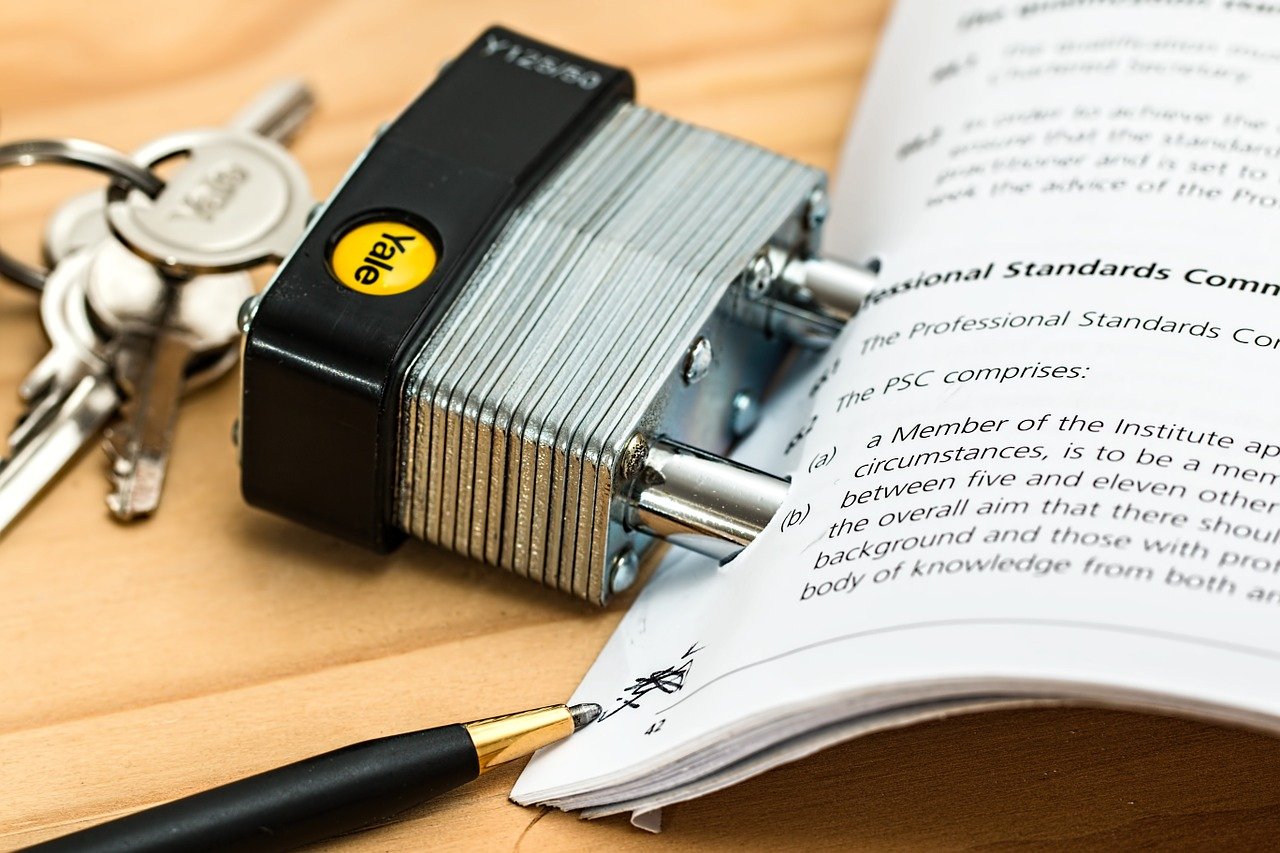Last Updated on: 22nd November 2023, 08:43 am
Staying legally compliant as a small business is of utmost importance. You don’t want to face any unnecessary legal action, for this can eat into your time and expenses.
For the most part, small businesses remain legally compliant throughout their lifetimes, but that is not to say that you won’t come across legal procedures at some point in your time as a business owner.
Find out how you can best navigate any legal processes as a small business; stick around and read on.
Below are some of our top tips for doing just that.
Issues When Hiring Employees
Many small businesses across the world have come across this as an issue at some time in their careers. While many small businesses are launched from the home of an entrepreneur, problems crop up when there is no evidence of a written contract stipulating someone else’s employment. This is why it’s essential to ask for advice in the best Philadelphia employment lawyers.
You will be faced with court battles in the future if you do not ensure that you have written contracts from the word go. Putting these documents together before hiring someone is the best way to navigate this process and to protect yourself legally in the future.
Hiring employees in a structured manner is crucial overall, but especially when hiring foreign workers. There are permits and employment documents needed to employ a foreign national within your company, which are in high demand.
Use the services of experienced immigration law firms like Farmer Law to navigate these often-confusing legal processes and give you the best chance to get the relevant documents quickly.
Trademark and Copyrighting
Used by companies worldwide, this is a legal process that crops up from not protecting any ideas or projects that you have created as a business.
Without copyrighting or trademarking your ideas, you are enabling competitors to swoop in and steal your ideas. There will be nothing you can do to stop them from claiming the ideas as their own, except by copyrighting or trademarking them.
To navigate this process, it is again advized to consult the designated lawyer to your company and establish what within your business will need protecting with copyrights, patents, or trademarks.
Maintaining Relevant Permits and Licenses
The permits and licenses that are required to trade as a small business will depend on the industry of your business, as well as the location of your company.
If you sell a regulated product – like alcohol and tobacco – you will need to regularly renew your licenses and permits. Whereas, if you own a business that handles food, you will require adequate and relevant health and safety certification.
You will be faced with legal action if you do not register your business with the appropriate governing bodies.
Renewal information and regulations are provided by the institutions issuing your business the permits. Small companies often register with the US Department of Agriculture (USDA), Bureau of Alcohol, Tobacco, Firearms and Explosives (ATF), and various other federal departments.
While this is a lengthy process, you will need to contact the local and federal departments when navigating this legal process.








